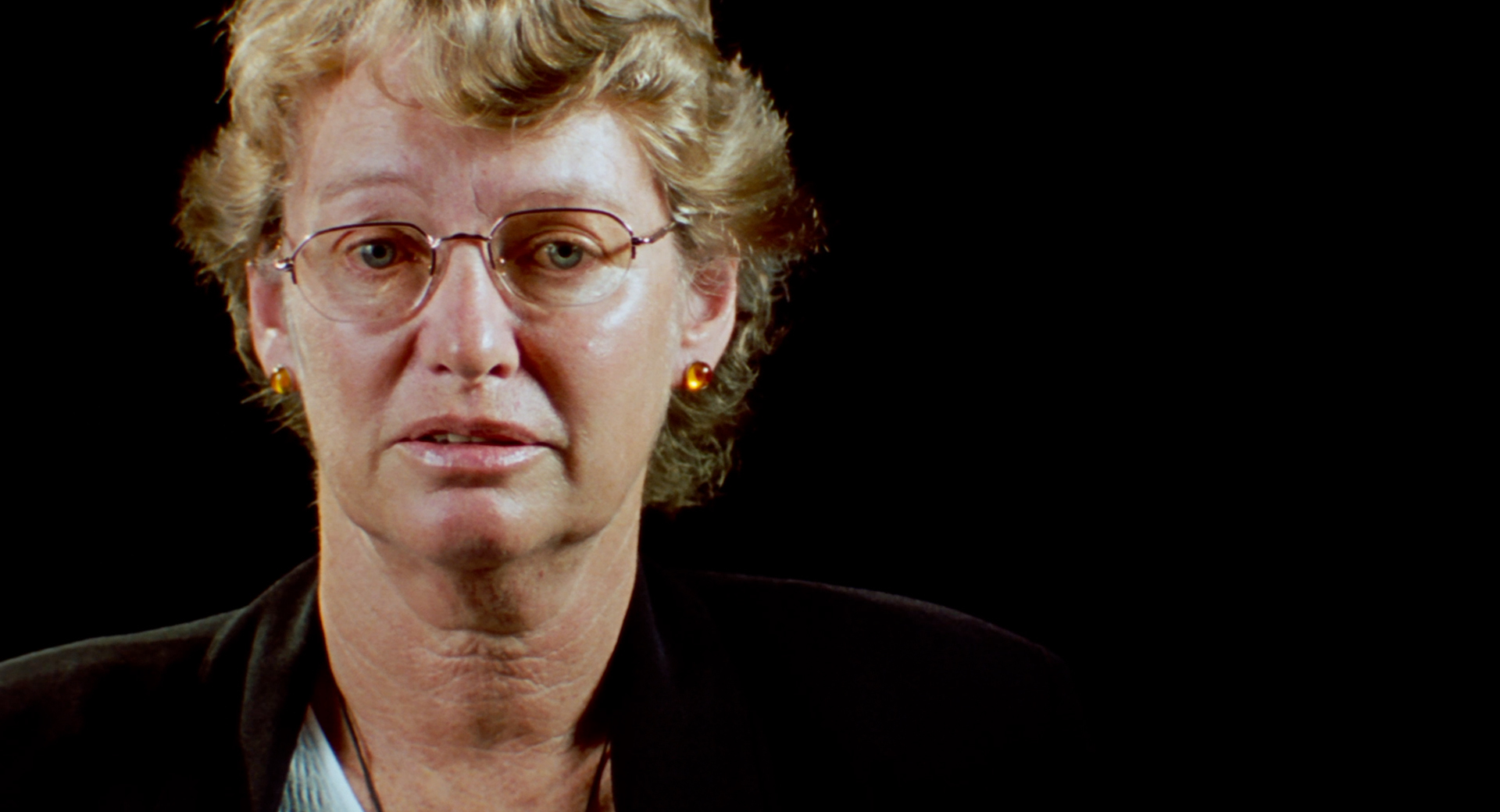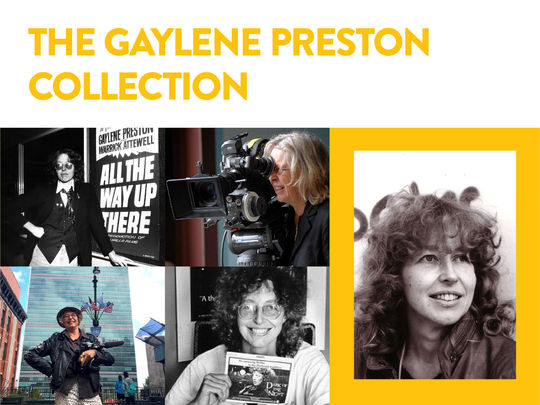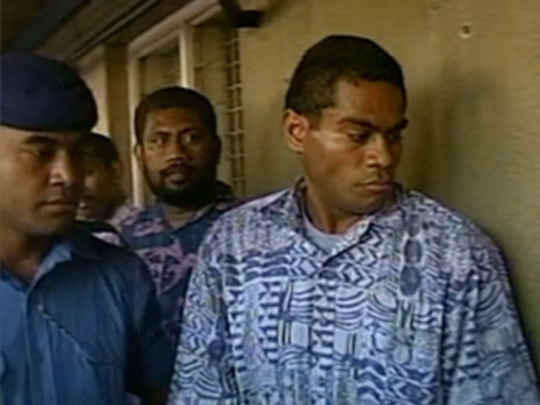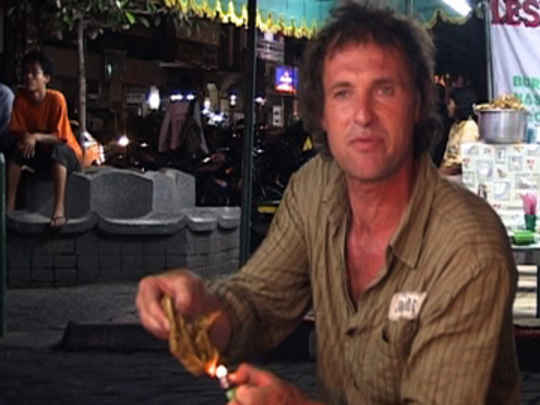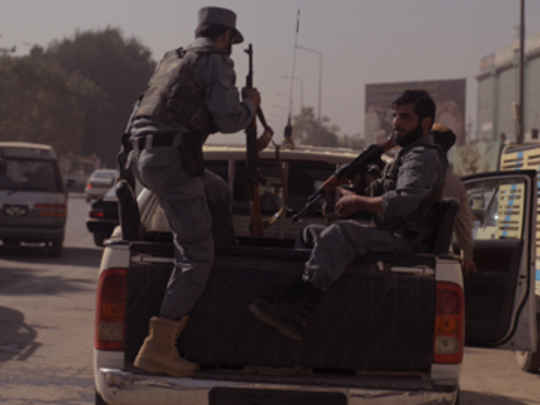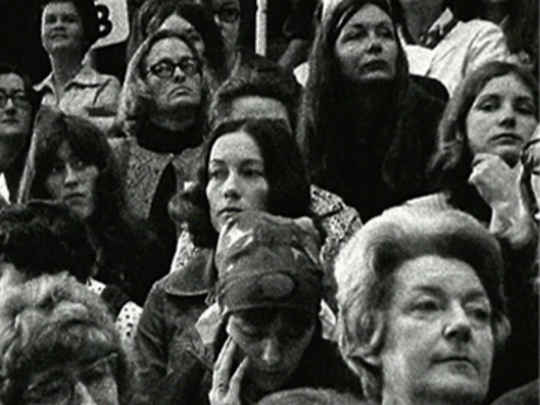Punitive Damage
Film (Excerpts) – 1999
A Perspective
Punitive Damage documents the course of Helen Todd's fight for justice, from the shock of hearing her son Kamal's fate at the hands of the Indonesian military to her hard-won moral victory in a court of human rights. Bamadhaj was one of 200 non-violent protestors murdered on November 12, 1991 by the Indonesian military for demonstrating against the Indonesian occupation of East Timor.
The film was completed and went into theatrical release in the United States, Australia and New Zealand in September 1999, the very time of the Timor referendum (an historic UN-sponsored referendum, in which an overwhelming majority of East Timor voted for independence).
Punitive Damage helped inform audiences about the history of Timor at a crucial moment. The film is well known in Timor and it screened at the first ever film festival held there. It also showed at the second independent film festival to be held in Indonesia.
It is director Annie Goldson's focus on Helen Todd's personal story that gives Punitive Damage such a strong empathetic appeal. Through interviews with Bamadhaj's family and friends, as well as witnesses to the massacre, the agony of Timor is made instantly emotionally accessible, and this no doubt underlays the wide welcome it enjoyed internationally in television markets and film festivals.
Punitive Damage is a compelling study in persistence, both in its subject matter and production. Variety praised it as "simply but potently handled [...] perhaps the film's most moving moments involve the murdered man's soft-spoken mother, who reveals how she flew to Indonesia upon hearing of her son's death but faced every kind of official obstruction." Andrew L. Urban in Urban Cinefile lauded it as, "enormously moving and always gripping."
Validating a public appetite for films of commitment and depth, the reaction of NZ viewers and critics was extremely positive, demonstrating that filmmakers can address political issues while still engaging with a mainstream broadcast audience.
The film screened on TVNZ, won many New Zealand and international awards, and sold internationally to major broadcasters.
